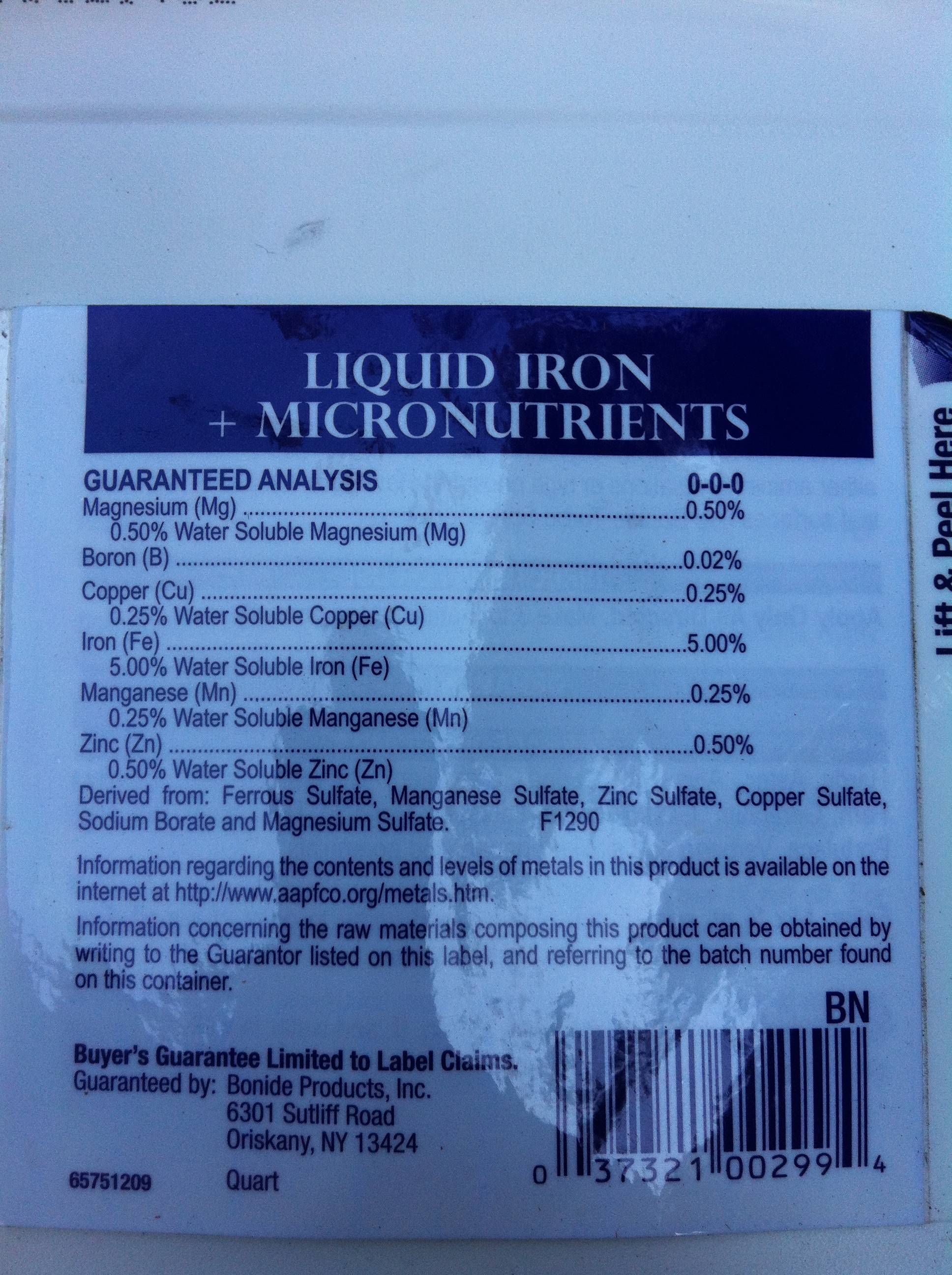Our lovely lemon tree is in trouble... We live in Northern California. Starting mid-last summer our tree began yellowing.
We've called an arborist out to the house but the advice has been pretty useless. (Advice was to turn off all yard sprinklers near the tree and nothing else to recommend. We did this and if anything the tree seemed to be getting sicker.)
Here are the symptoms:
Most leaves are turning yellow and very few leaves at top of tree.
The fruit is smallish relative to past season.
The bark is peeling starting from the base of the trunk and going up.
We have supplemented with Iron/Magnesium solution per directions on package (1% by volume) two times over two months, total volume of 2.5L poured around base tree and roots. This has not seemed to help the color. I measured the soil pH and best as I can tell from the kit it seemed normal within range for citrus trees. Also, there seems to be a green mossy color on the branches. We're not sure if this has always been there or if it's getting worse.
Questions for StackExchange include.
- What is wrong with our tree?
- What is causing the bark to peel? Is this "collar rot"? Something else?
- Are the yellow leaves related to the peeling bark at base of tree?
- How can we fix the bark, the leaves. Basically, how do we save the tree?
We're not gardeners but we love this tree... please help if you can! Any advice, questions or treatment options?
Yellowing Leaves
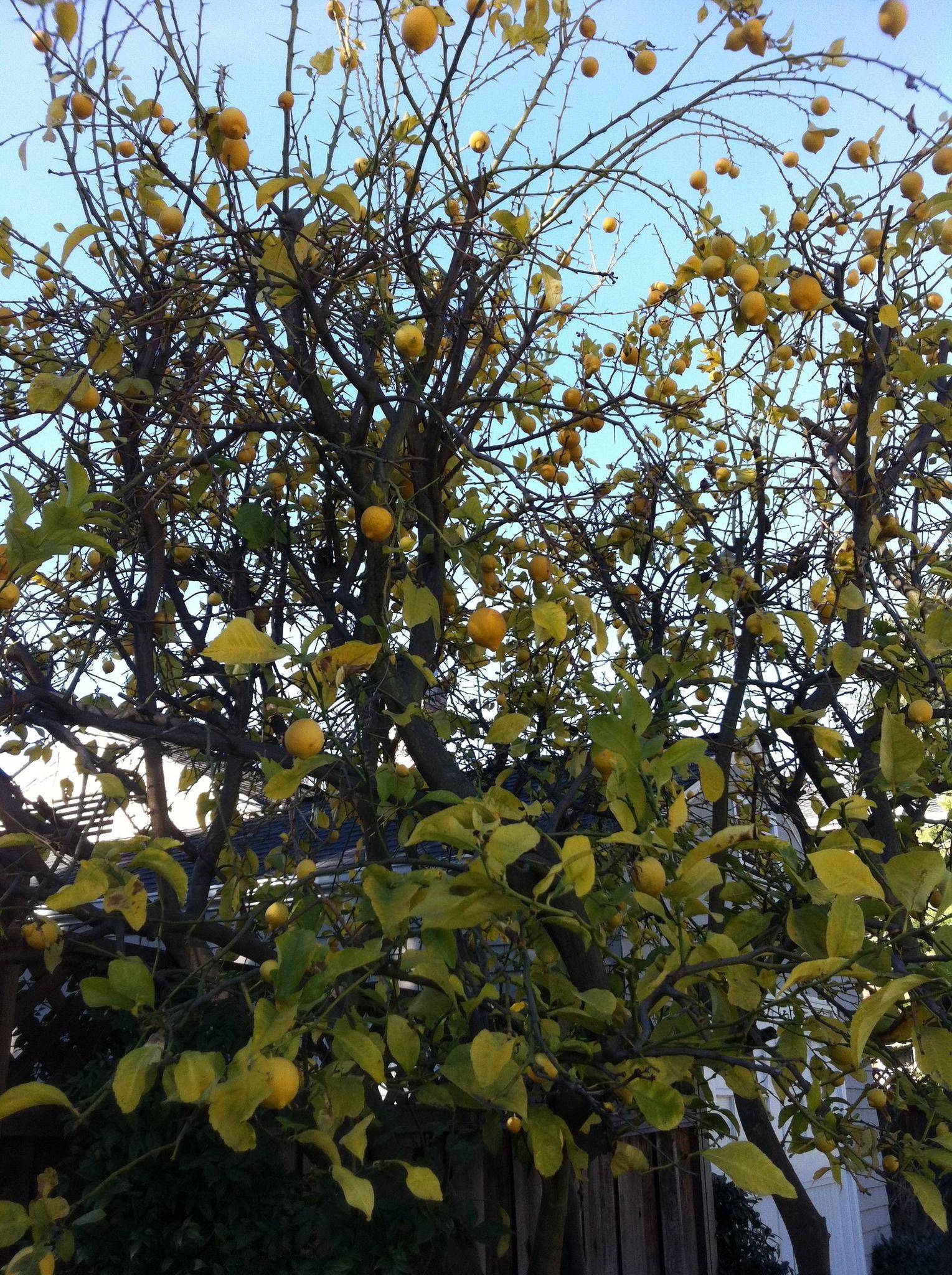
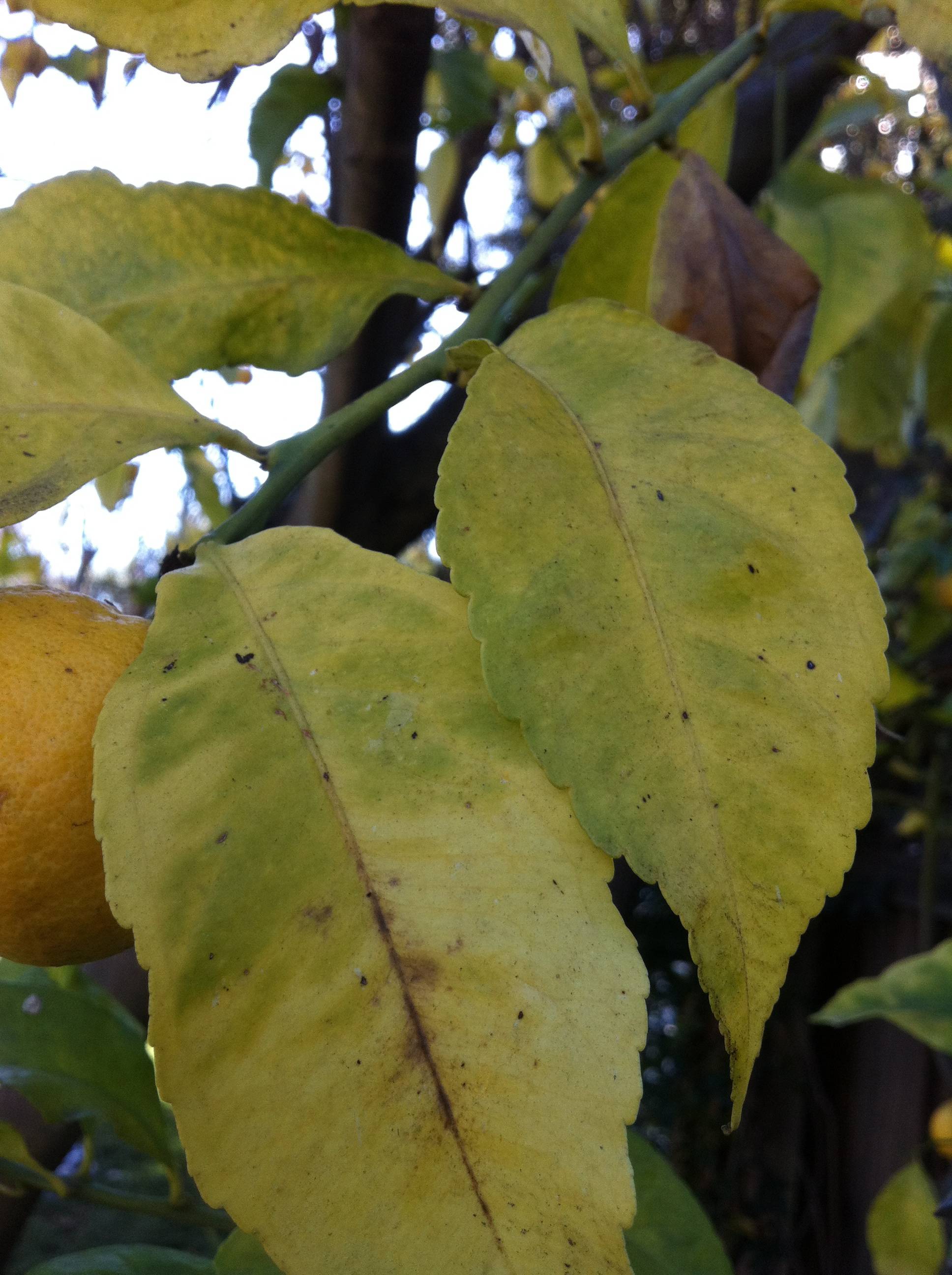
Smallish Fruit
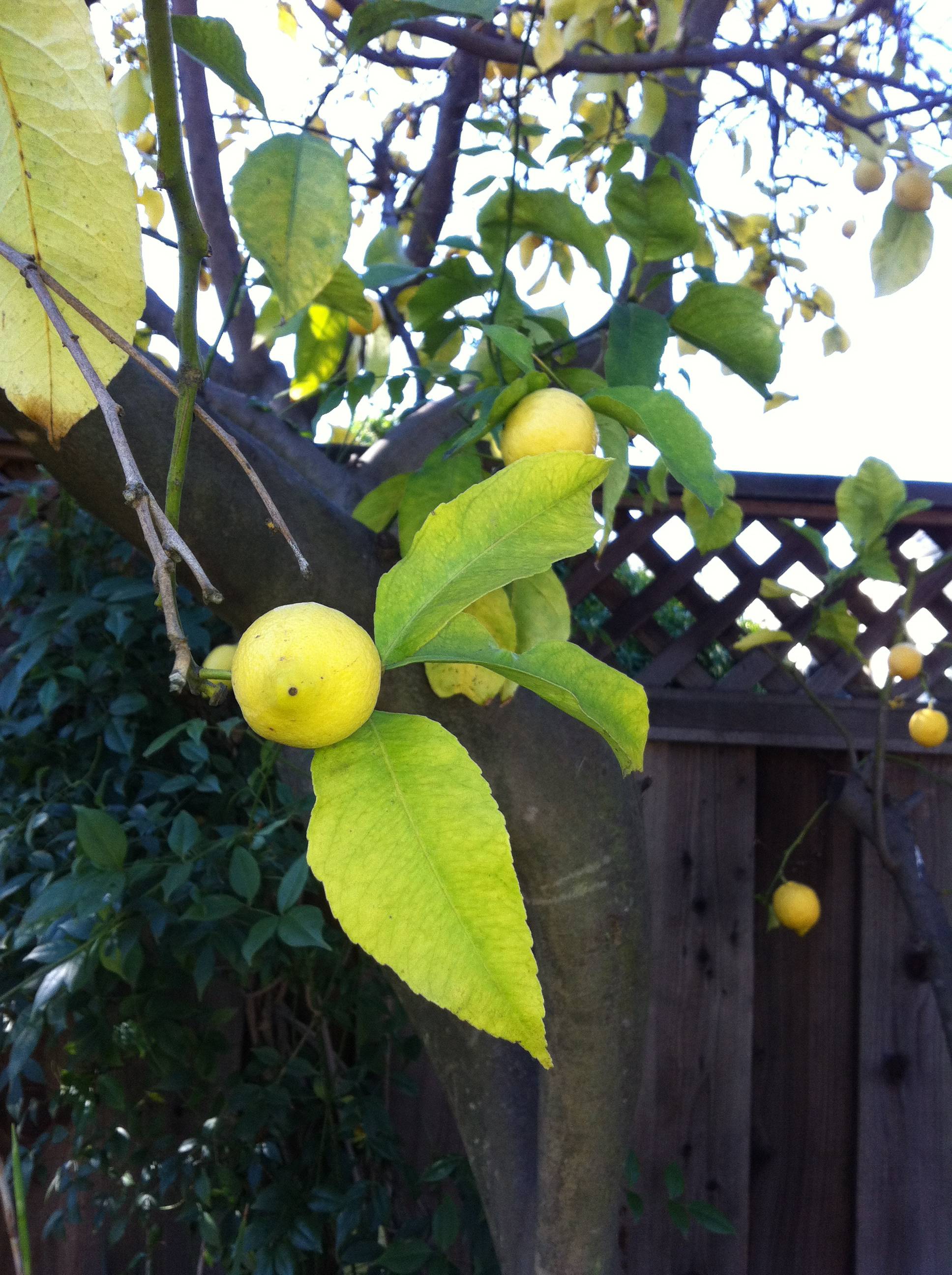
Peeling Bark
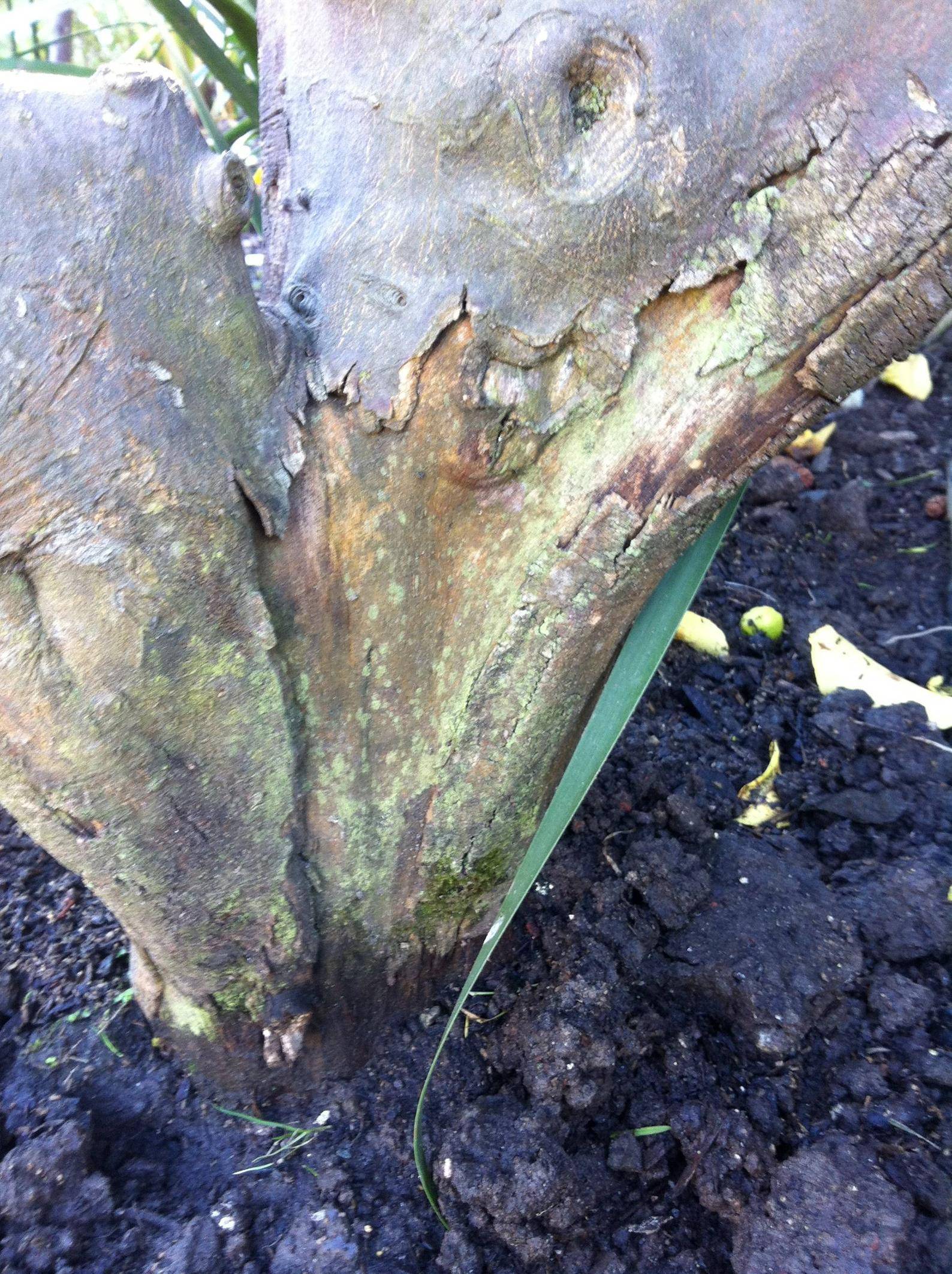
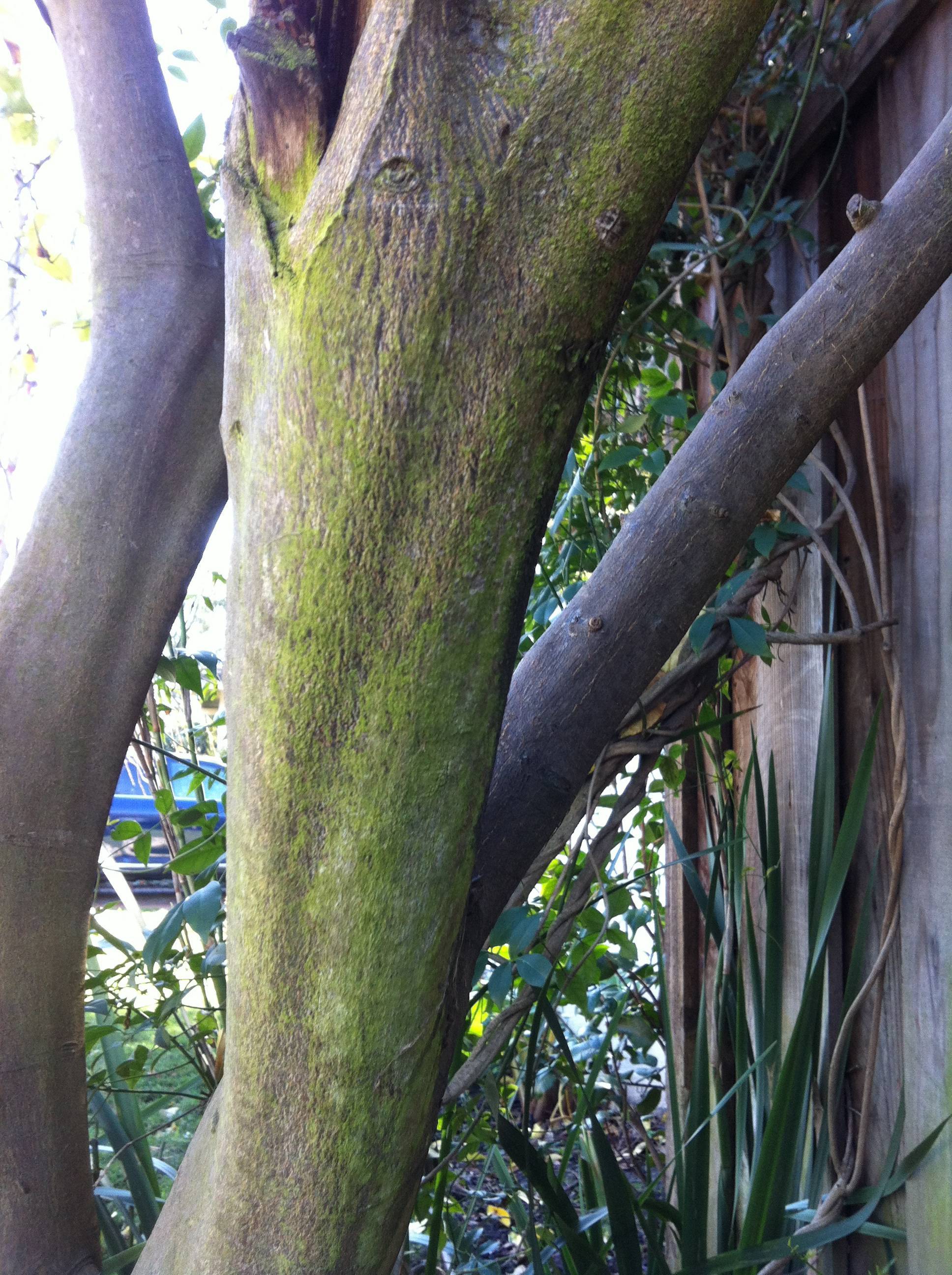
Formula we used to supplement at 1% by volume
(total treatment volume 2.5L at base of tree two times over two months)
